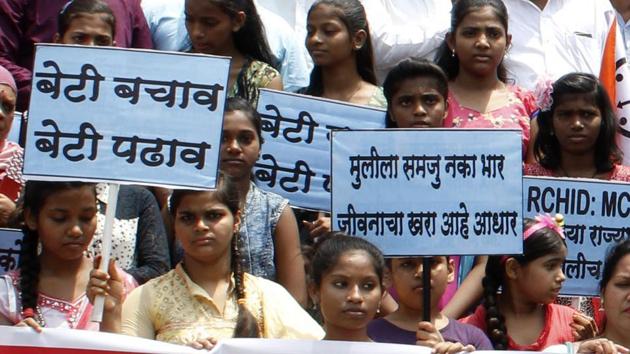The concept of ‘nudge’ can lead to social and economic change in India
If correctly utilised and well executed, it has the potential to drastically alter the level of trust among citizens, thereby changing the nature of the ‘government–citizen’ relationship forever
Driving responsible individual behaviour to achieve collective well-being through public policy is not new to governments. During the coronavirus disease (Covid-19)-sparked crisis, the debate on what constitutes the realm of personal choice vis-à-vis collective responsibility is evolving faster than ever before. Governments are using behavioural change and ‘nudge’ theory to address myriad development and governance challenges.

The idea gained traction after the United States (US) and the United Kingdom (UK) mainstreamed it by establishing “nudge” units. In India, behavioural change has been woven into programmes such as the Swachh Bharat Mission, Beti Bachao, Beti Padhao Yojna, and the PM Ujjwala Yojana. The government’s think-tank, NITI Aayog, also plans on setting up a formal nudge unit.
The Covid-19 pandemic is unique in many ways: There are varying levels of risks for different age groups; there is an all-pervading threat to different socio-economic groups; and there is a need for individual-level impositions on the part of the government. These three are testing two vital elements of human behaviour. First, personal risk-seeking behaviours, and second, the degree to which an individual behaves in the benefit of society.
The critical challenge here is to turn the situation around to implement reforms in behavioural change theory that were difficult so far. For example, now is the time to reinforce one of the key messages of the Swachh Bharat Mission: To encourage citizens to wash hands regularly. Children can be made champions of more hygienic behaviour in their families. The “20-second” hand wash rule, complemented by a “turn the tap off” message, can propel water-use optimisation behaviour.
Similarly, to maintain social distance, the idea of using toilets constructed under the mission can be reiterated. In urban areas, the possibility of delays in doorstep waste collection can be used to drive home the point that there is an urgent need to improve waste management and begin segregation at home. A “my neighborhood, my hygiene” campaign can nudge urban citizens to care for their localities sustainably.
On the economic front, learnings from “give up LPG subsidy” can be used to change the way such programmes work. The idea of market-based utility pricing can be piloted in the distribution companies and passenger services of Indian Railways by eliminating populist cross-subsidies. A nudge to pay taxes timely and rightfully this year can set a new benchmark for compliance, as people become more willing to contribute despite their economic hardships.
As communities work closely with local health care cadre, focused messaging on reproductive, maternal, newborn, child, and adolescent health can improve health-seeking attitudes. With people experiencing stress and anxiety, authorities can encourage them to look at their lifestyles holistically by practising wellness guidelines of the National AYUSH Mission.
With nurses and female doctors emerging as the heroes in the fight against the coronavirus, a renewed Beti Bachao Beti Padhao campaign, highlighting women’s critical role in the country’s success can improve gender outcomes. Similarly, a systematic behavioural change to arrest the flow of misinformation through social media can be achieved by nudging citizens to think about information accuracy before taking any action. With governments going online, many procedures can either be eliminated or digitised with minimal resistance from employees and citizens alike.
This is also an opportune moment to promote digital payments. Given the changing role of police officers from law- enforcers to social collaborators, a systematic change in their public perception can improve civic-safety outcomes. With the young voluntarily helping the old procure, essential commodities, the concept of community-led geriatric care can also be promoted.
Such top-down measures complemented by bottom-up initiatives can ensure that change becomes permanent. In this context, the role of panchayati raj institutions becomes critical. Integrating behavioural change in gram panchayat development plans can be a step in the direction towards leveraging these grassroots capacities.
However, we must keep in mind the fallout of “soft paternalism” and typical impediments such as “dragons of inaction”, and “behavioural fatigue” while attempting to use the theory of behavioural change. One must use the idea of nudging and behavioural public policy cautiously.
If correctly utilised and well executed, it has the potential to drastically alter the level of trust among citizens, thereby changing the nature of the “government–citizen” relationship forever. It can upgrade citizenry, improve democratic outcomes, and enhance the public services’ efficiency in the longer run.
Sanyukta Samaddar is adviser, and Sumitra K. and Anand Trivedi are monitoring and evaluation lead and specialist, Niti Aayog respectively.
The views expressed are personal



